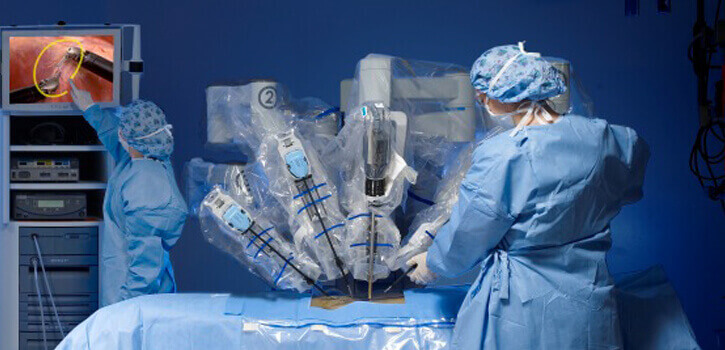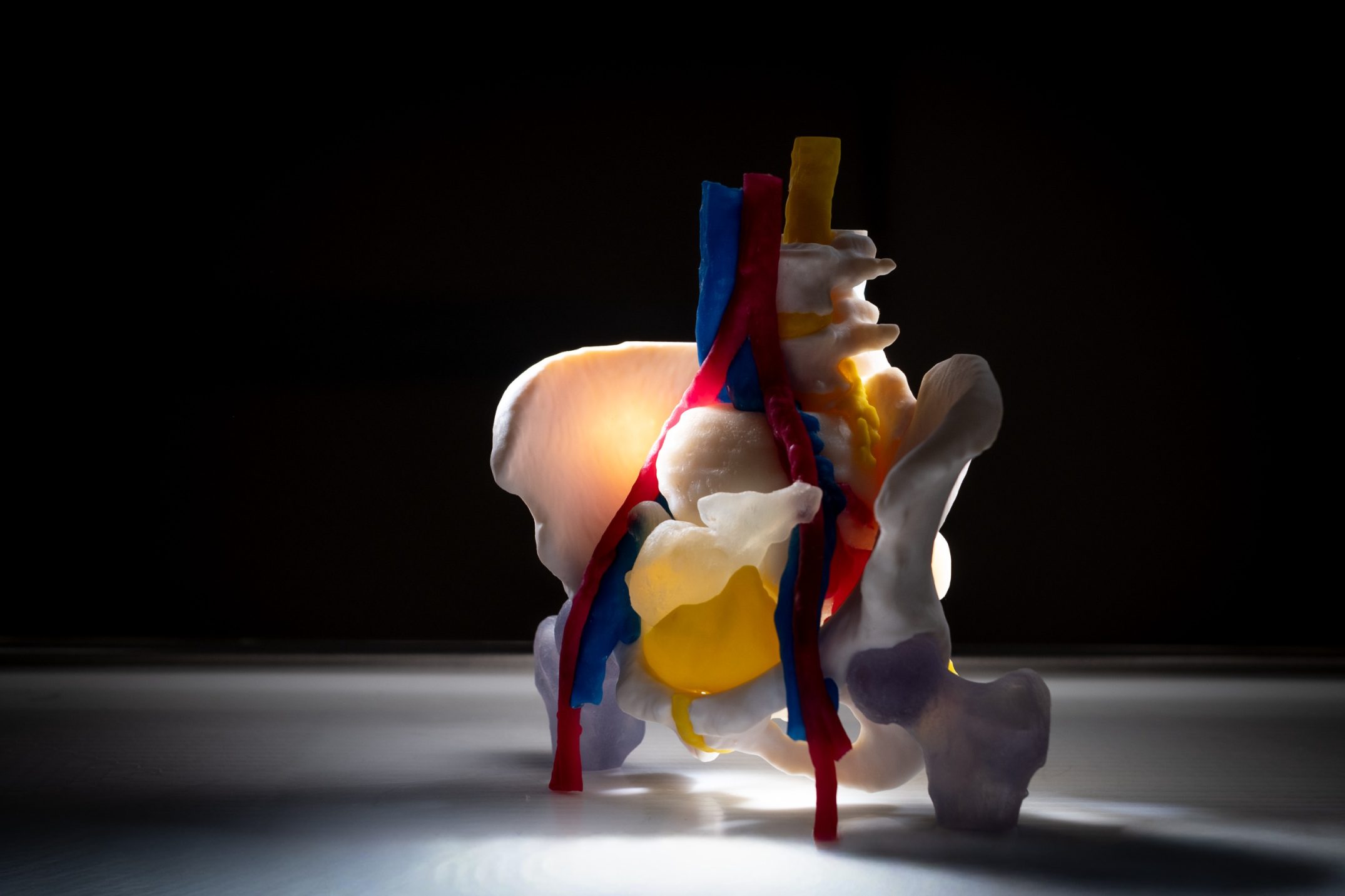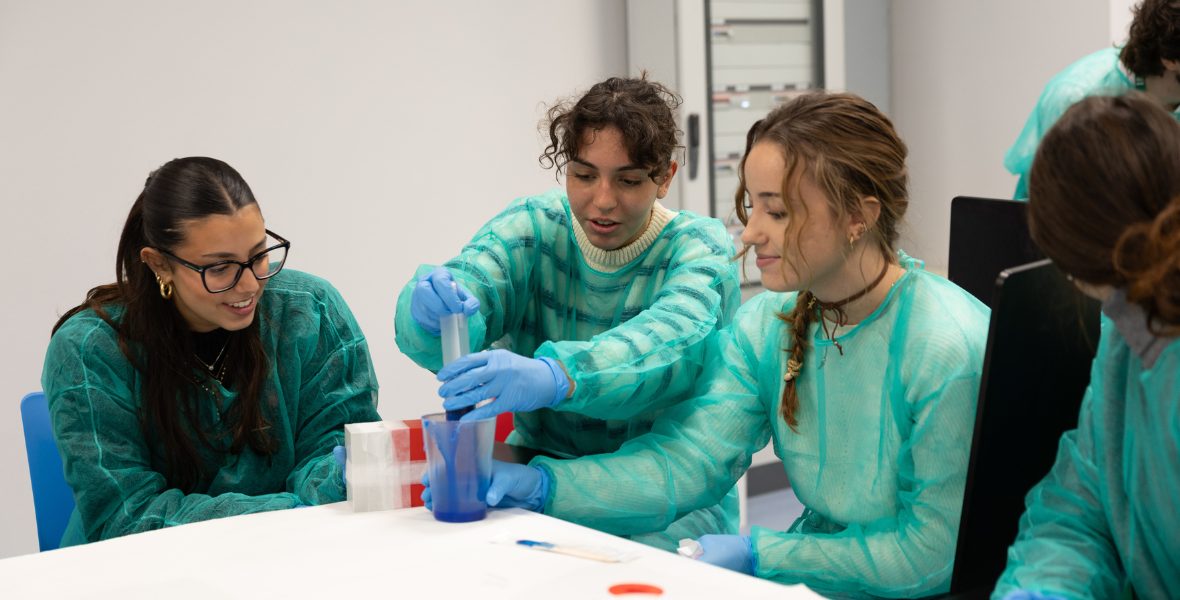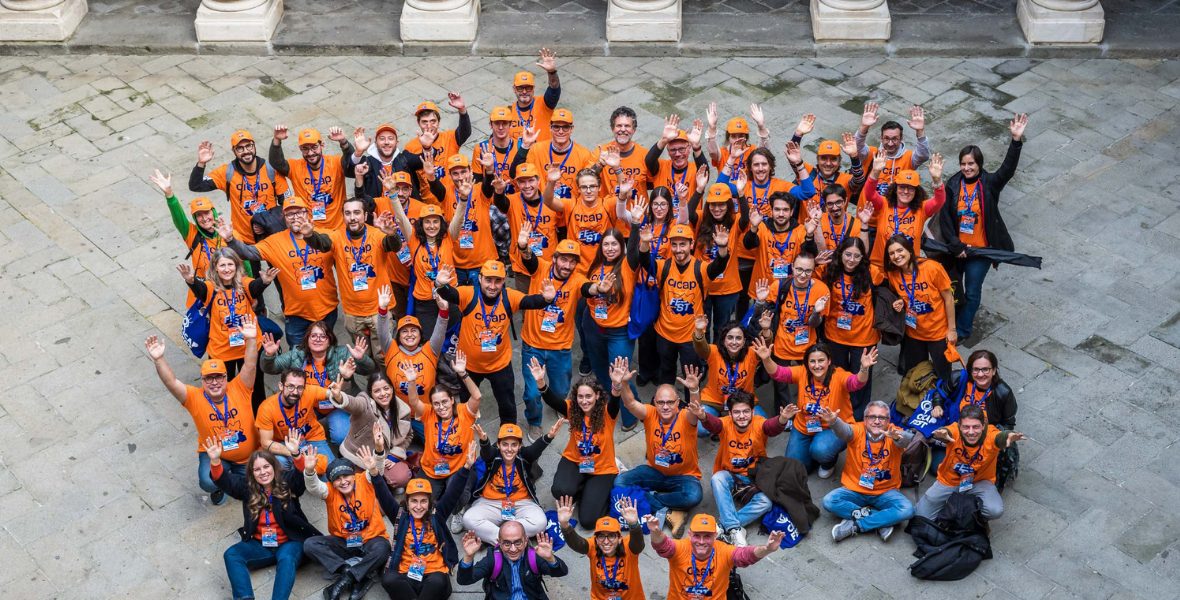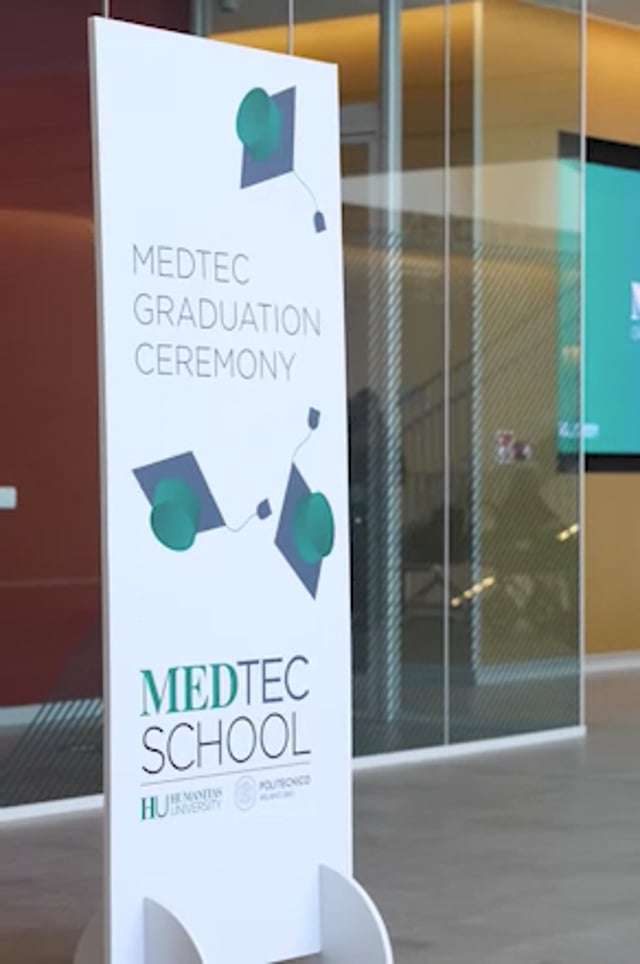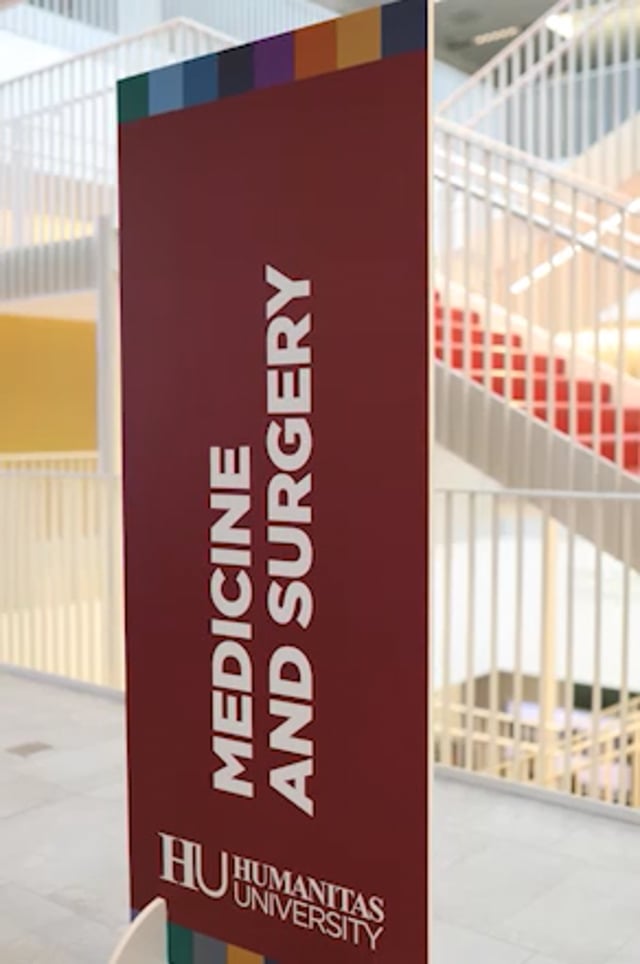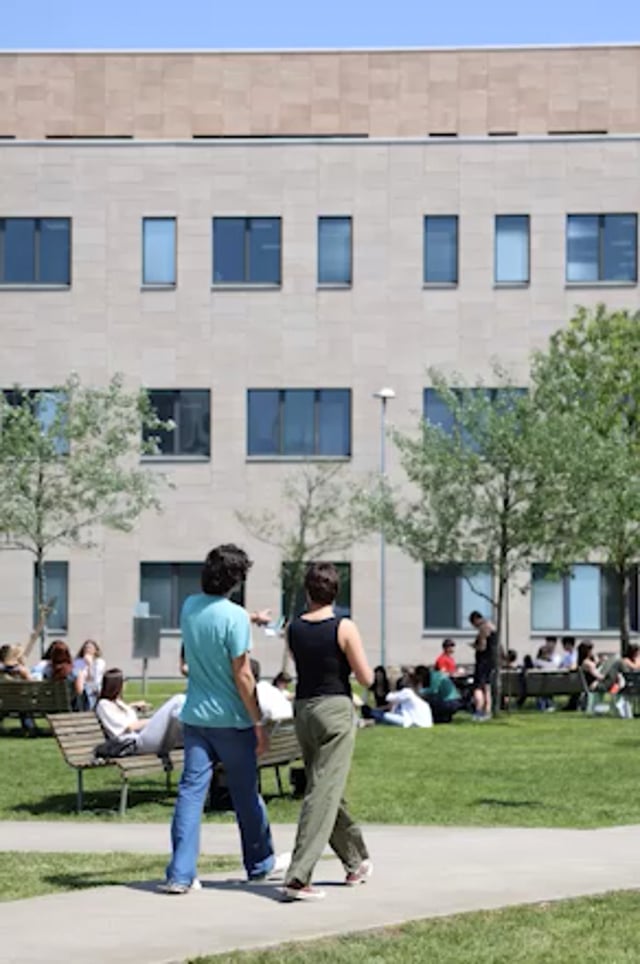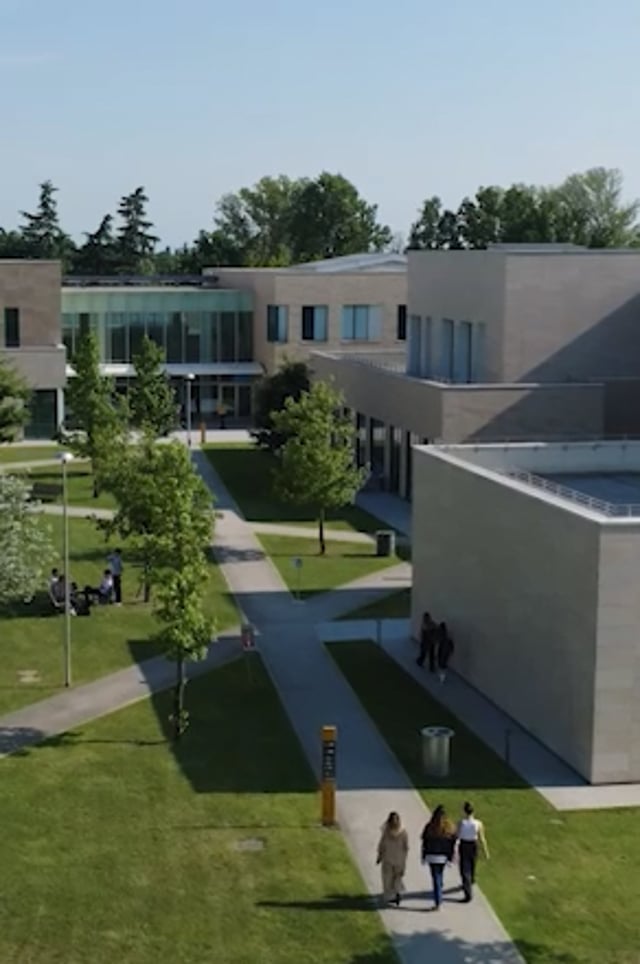 The international workshop on Robotic Surgery in Thoracic Oncology, organized by Dott. Marco Alloisio, Chief of Thoracic Surgery at Humanitas and Dr. Giulia Veronesi, Chief of the Robotic Thoracic Surgery Unit, has been attended by some of the best world surgeons.
The international workshop on Robotic Surgery in Thoracic Oncology, organized by Dott. Marco Alloisio, Chief of Thoracic Surgery at Humanitas and Dr. Giulia Veronesi, Chief of the Robotic Thoracic Surgery Unit, has been attended by some of the best world surgeons.
“Italy has historically been at the forefront of Robotic Surgery,” – says Dr. Alloisio – “but still few centres use robotics for oncological thoracic surgery on a routine basis and Humanitas is one of these centres”.
The workshop has outlined the latest news regarding Robotic Surgery applied to Thoracic Oncology, but also to other disciplines such as urology and gynecology.
Robotic Surgery: perspectives and benefits
According to Dr. Alloisio “The robot does not replace the surgeon, but it helps, and above all it improves the quality of life for the patient. Robotics will become more and more used thanks the possibility to perform remote surgeries“.
Therefore, this discipline is becoming absolutely essential for the training of future surgeons.
“The major advantages of robotic surgery compared to its manual precursors (e.g. videothoracoscopy) include more ergonomic and precise movements and optimization of vision, which is three-dimensional and by immersion.” – explains Dr. Giulia Veronesi.
This means reducing the trauma for patients and thus makes robotics surgery particularly suitable for treating tumors at advanced stages.
